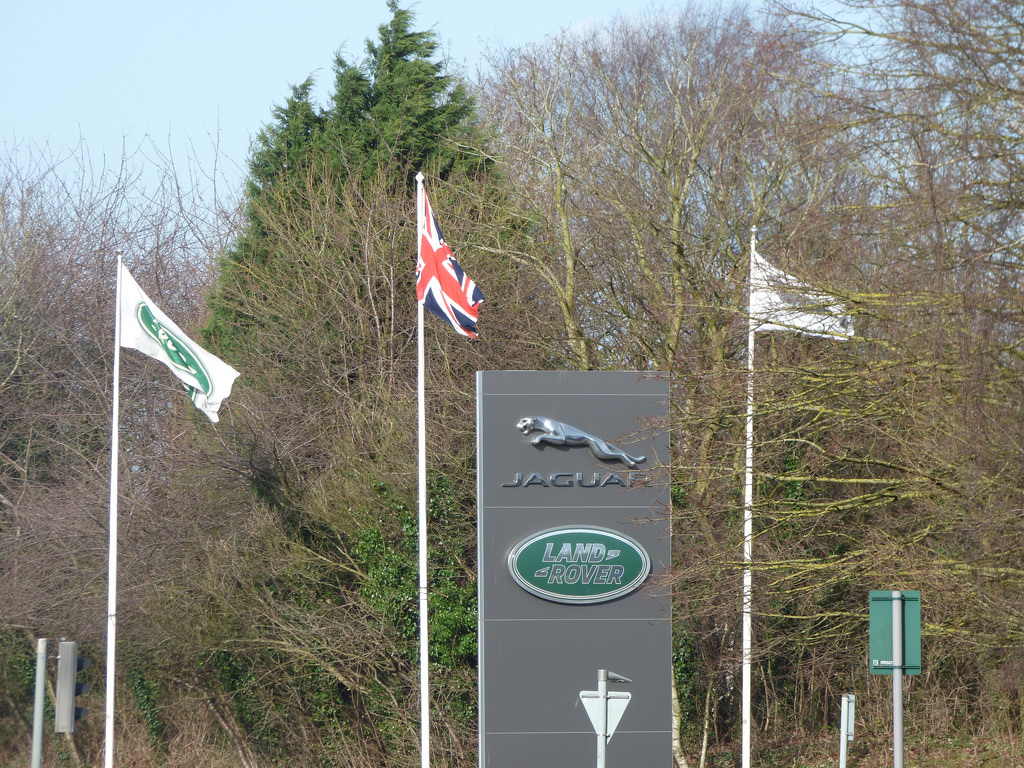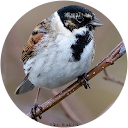While the Midlands, on the whole, has a reputation for being an automotive powerhouse, not everyone immediately thinks about Solihull. However, there is a lot of history there with Solihull plant being responsible for some very large developments in the motoring industry.
Here at Longbridge Tyres, we are just a short distance from this location and have a vested interest in car manufacturing, so we quickly run you through it in our latest blog below.
1936 – 1945
The site was bought in 1936 by the government with a view to building a shadow factory in case of war breaking out in Nazi-Germany. When war broke in 1939, the factory was allocated to Rover Company where they built Bristol Hercules engines, with the first being built in 1940.
Many of these engines were shipped locally to Austin Motors Elmden factory, part of the Longbridge plant that built the Short Stirling heavy bomber.
1945 – 1967
Rover negotiated the use of the Solihull plant after WWII because their main car factory in Coventry was heavily damaged due to Nazi bombing. This period saw the production of many different Rover cars, and also the development of the Land Rover in 1948, followed by the development of the Range Rover in the late 1960s.
1968 – 1978
Rover Company merged with Leyland Motors in 1967, and then also British Motor Holdings in 1968 to create the British Leyland Motor Corporation. Solihull plant continued to manufacture Rover cars and also released the Range Rover in 1970.
The addition of ‘Eastworks’ to the factory in 1975 accommodated the production of the Rover SD1.
1978 – 2012
As British Leyland went bankrupt, production of all cars ceased, except for the Land Rover and Range Rover, which operated under a separate company and was unaffected by the bankruptcy.
All future production of Rover cars would move to the Morris plant in Cowley or the Austin assembly in Longbridge.
Jaguar de-merged from British Leyland in 1984, which means the Land Rover and Range Rover were the stable marque cars of British Leyland until 2000, still being produced at the Solihull plant and bringing new models in 1989 (Discovery) and 1998 (Freelander).
In 2000, BMW – the owners of Rover Group (formerly British Leyland) – sold Land Rover and the Solihull plant to Ford. Jaguar Land Rover was then sold again in 2008, this time to Tata Motors.
2013 – Present
Solihull as a whole benefited from the massive investment that came in the run-up to the release of the fourth-generation Range Rover and Range Rover Sport in 2013, which was made possible due to their new aluminium bodyshell production facility (dubbed a ‘centre for excellence’).
Solihull plant saw it’s first non-4×4 vehicle begin production since 1981 with the Jaguar XE, which has since moved to a £100m facility in Castle Bromwich.
Test Track
Since 1949, there has also been a test track on site to showcase the off-road ability of the Land Rover and Range Rover models, which is argued to be the first of its kind for public demonstration. This was built over with the new factory in 1956 but has since been replaced by the Jungle Track, run and maintained by the Solihull Factory Land Rover Experience centre.
Pillar of English Automaking
In conclusion, the Solihull plant has seen a tumultuous past with many bumps along the road but has – ultimately – remained a key part of the automotive industry in England throughout.
To this day, the Solihull plant remains a key component in the manufacturing of Jaguar Land Rover and is responsible for producing the Range Rover, Range Rover Sport, Land Rover Discovery, Jaguar F-Pace, and Range Rover Velar.
Longbridge Tyres
If you are based in the Solihull area and are looking for excellent new replacement and performance tyres, contact Longbridge Tyres today. We have a wide range of products from leading manufacturers and are just a short 10-mile drive from the Solihull plant.
You can call us on 0121 457 7582 or fill out our simple contact form to find out more.



 Mar 18,2019
Mar 18,2019 Sw_sbz
Sw_sbz




